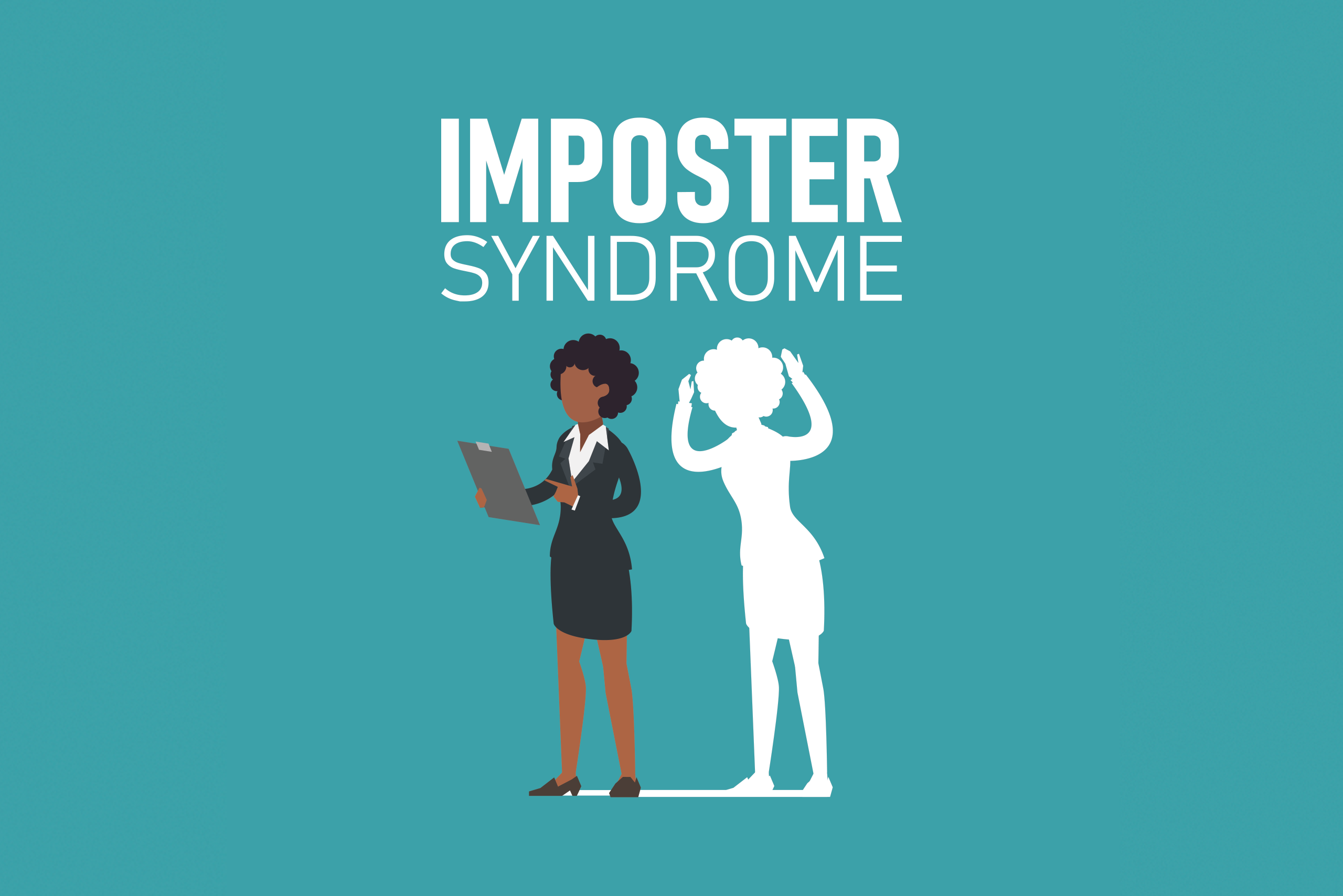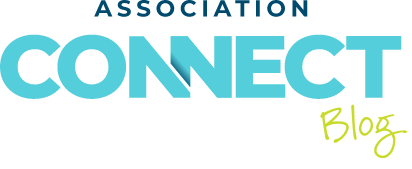Imposter Syndrome: What It Is and How to Respond to It

Many high-achieving, successful individuals have a secret: They believe they are failures and will be unmasked as the frauds they believe they are.
This chronic self-doubt is referred to as imposter syndrome.
A recent global study from work management platform Asana found that nearly 70% of employees surveyed said they suffered from imposter syndrome, a condition linked to perfectionism that can lead to other mental health issues, including anxiety, burnout, and depression.
Fortunately, associations can play a pivotal role in curbing this crisis of self-confidence. Not only can they respond to the signs within their own organization, but they can address these needs in potential and actual members who are seeking connection and reinforcement.
What Is Imposter Syndrome?
Imposter syndrome involves the doubt and anxiety high-achieving people have about their professional abilities and the difficulty they experience in accepting and celebrating their actual accomplishments.
One may argue that reasonable feelings of uncertainty are normal and to be expected. But the use of the term “imposter” suggests a certain fraudulence in which the individual is fooling their employer into believing they are qualified for their position—which, in this case, is not true.
This persistent state of fear or dread of “being caught” presents itself in many ways.
What Are the Signs of Imposter Syndrome?
Individuals vulnerable to this syndrome are typically not honest with themselves about their capabilities. Instead, they second-guess their competencies, attribute their successes to luck or timing, berate themselves, and set unrealistic goals. They may overthink, over-prepare, and over-analyze tasks and be reluctant to reach out for assistance, thereby exacerbating the feeling that they are fooling people about their abilities.
Ensuing from these circumstances is a degree of paranoia.
Some high-achieving individuals counter their self-doubt with overcompensation. They work more hours, taking on more responsibilities and micromanaging projects rather than appropriately delegating. As a result, they knock their work-life balance off-kilter and suffer physical and mental exhaustion.
Conversely, other high achievers may procrastinate on projects or take on fewer responsibilities because they are anxious that their efforts may be insufficient. Their feelings of unworthiness can even make them reluctant to pursue professional development or advance their careers.
This vicious cycle of never feeling quite good enough can be derailed through a few simple steps.
What Are Some Ways to Deal With Imposter Syndrome?
To help counter imposter syndrome, individuals should consider joining a professional association where they can connect with people who share a common interest and specific identity.
Associations are uniquely positioned to help their members establish relationships through committees, training programs, and networking events that can, in turn, foster mentorships. Some associations offer actual mentorship programs for their members.
Through these relationships, mentors can share their experiences of how they felt inadequate at times in their profession and how they overcame those feelings. These reality checks can provide the perspective an individual with imposter syndrome needs to overcome their unfounded insecurities. In turn, these individuals can help other professionals enduring similar anxieties over their work performance.
Associations also recognize and validate their members’ accomplishments and nurture their professional development through certificate tracks and training programs. In recent years, membership has been driven by these expanded educational opportunities and professional recognitions.
Because associations encourage members to share their skills and experiences and connect with others in person or virtually, they can help high-achieving individuals contextualize their achievements and appreciate their value.
As associations help individuals overcome imposter syndrome, supervisors can help their staff in the following ways:
- Explain communication etiquette and job expectations.
- Stress quality of work over quantity so employees submit their best possible work and build their confidence.
- Schedule regular meetings during which the individual and supervisor have uninterrupted time to discuss any concerns.
- Organize fun and relaxing gatherings to promote a sense of community, including book clubs, beverage tastings, and a virtual watercooler on your meeting platform of choice where people can chat about fun topics.
High-achieving individuals may want to journal their accomplishments and reflections on their work or keep a file of their projects and positive communications, both of which can be tapped in moments of self-doubt and frustration.
Through these approaches, associations can create an environment where all staff and members can feel confident and accepted, freeing them from the self-doubt that can prevent them from being their best selves and doing their best work.
YGS Association Solutions can help associations strengthen these connections with members while expanding their reach to new members. If you need an active partner in growing your membership, contact us.
Have an idea for an article? Let us know!
Receive the Association Connect newsletter
A proud company of The YGS Group | HQ: 3650 W. Market St., York, PA 17404
- Privacy
- YGS Association Solutions © 2025

